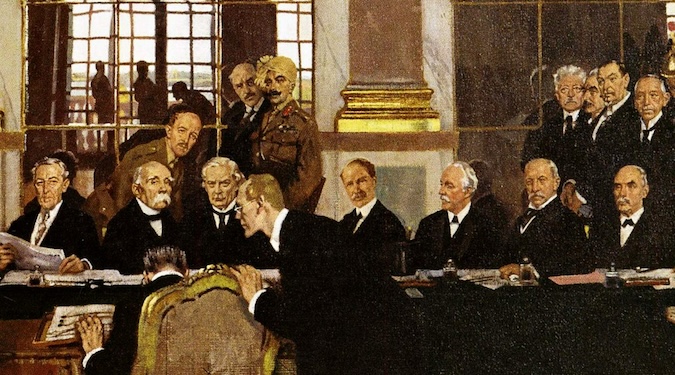Ebony Christian examines the potential role of the Bayh-Dole Act in national security-related technological innovation and IP rights with a focus on the Department of Defense’s (DoD) interest in leveraging private-sector technology. Christian prefaces her discussion with an emphasis on the need for the United States to stay ahead of its adversaries to preserve its… Continue reading Should the DoD Go Marching-in? US Innovation Leadership & DoD IP Rights
Category: Issue Archive
From Treaties to Tweets: The (In)Formality of War Termination
This article explores the causes for informality in war termination and advocates for a return to formality. Forever wars are a new, pervasive problem. Around the world, conflicts have been simmering and occasionally boil over. They do not seem to end, and this is not normal. International law scholars debate why this is happening, pointing… Continue reading From Treaties to Tweets: The (In)Formality of War Termination
The Role of Regulatory Frameworks in Balancing Between National Security and Competition in LEO Satellite Market
Matin Pedram and Eugenia Georgiades compare existing regulatory frameworks for Low Earth Orbit (LEO) satellites and argue none are robust, transparent, or efficient enough yet to curb monopolistic or rent-seeking behaviors. Likewise, Pedram and Georgiades reveal how national security concerns can be overextended to instead protect domestic space activities. Pedram and Georgiades analyze licensing requirements,… Continue reading The Role of Regulatory Frameworks in Balancing Between National Security and Competition in LEO Satellite Market



